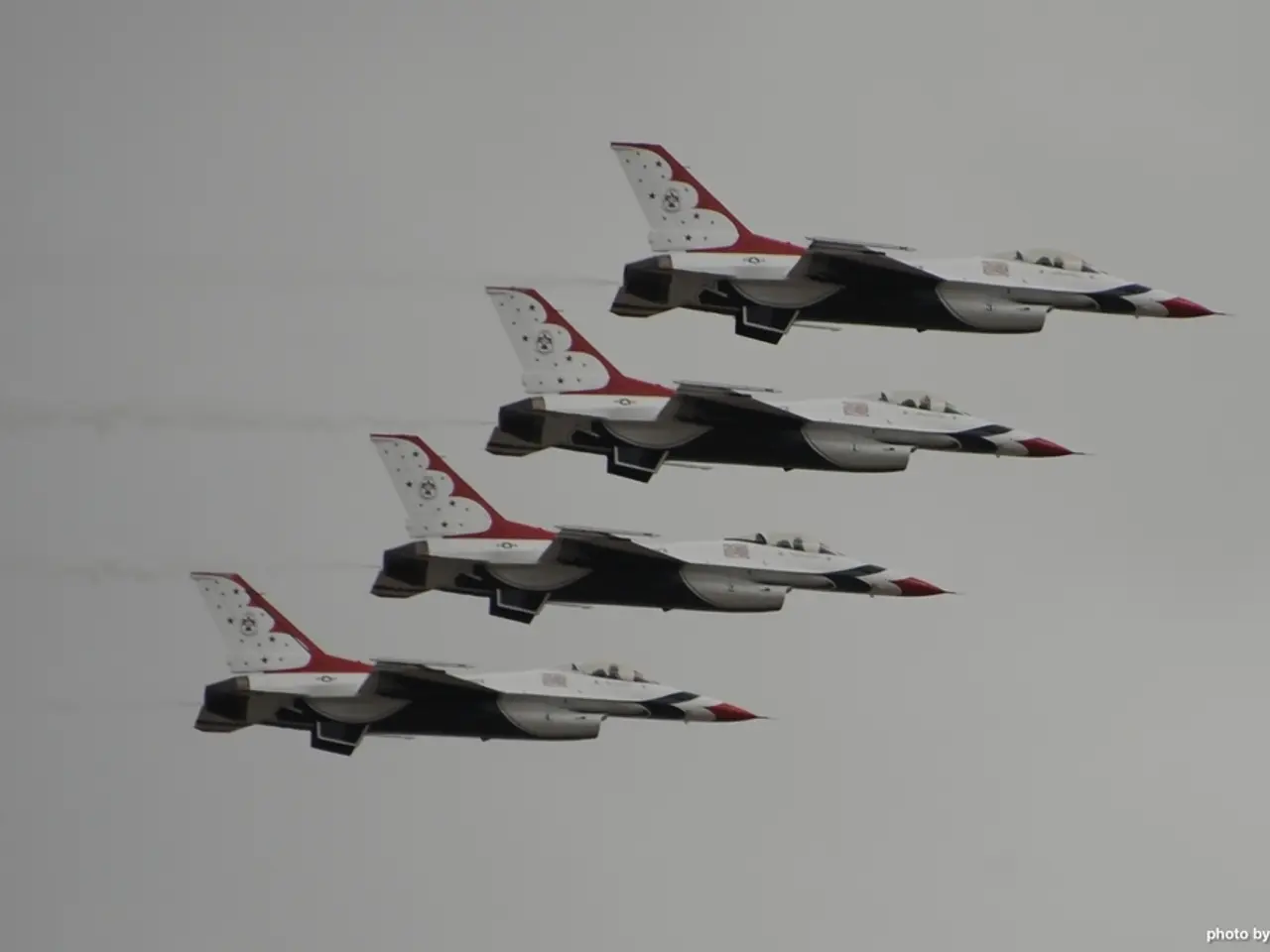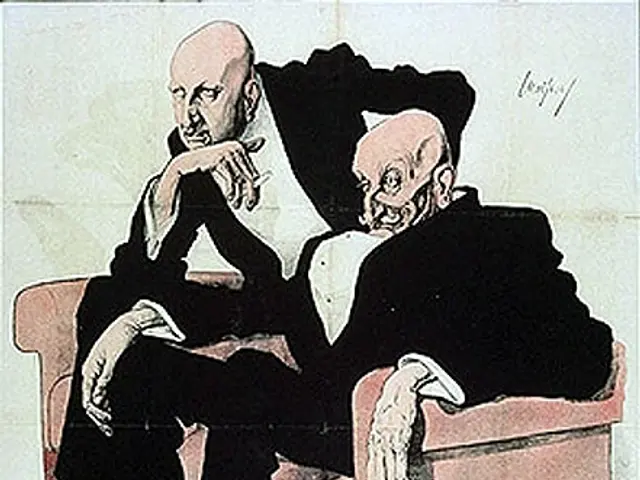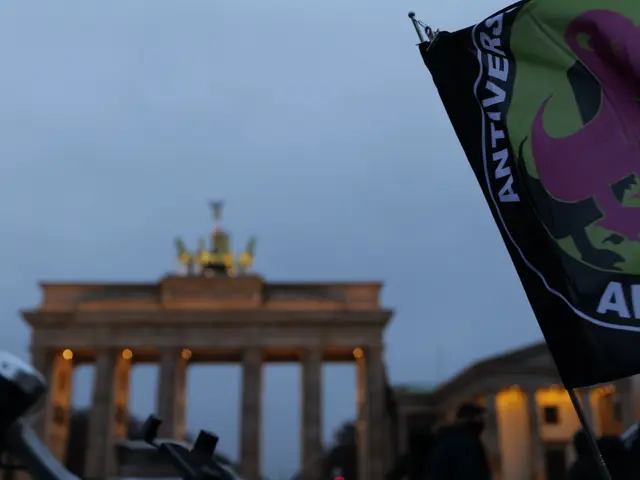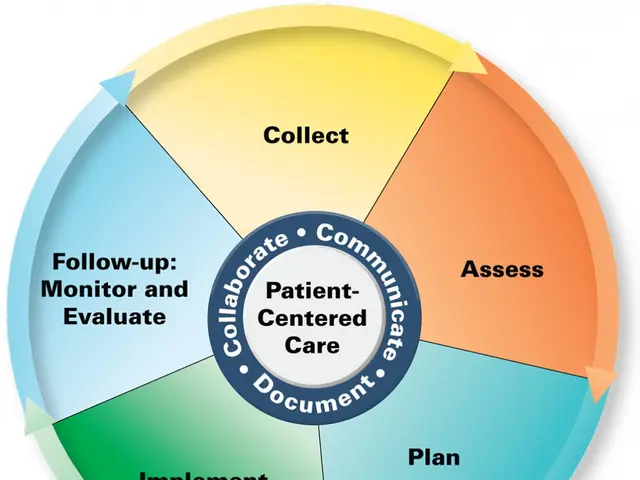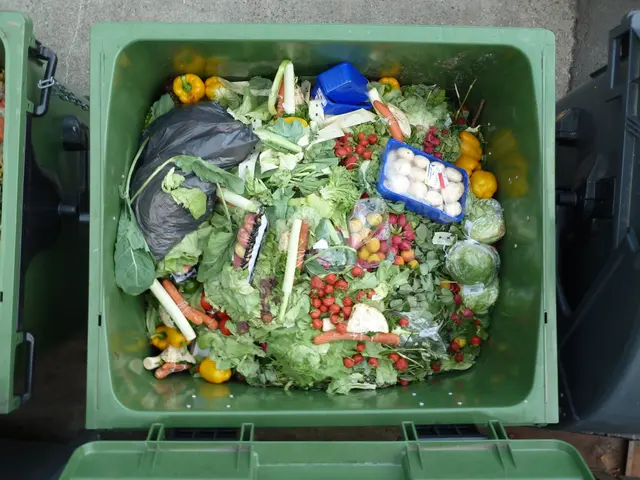Second Flight of Domestically Produced Superjet Departs from Komsomolsk-on-Amur, Destined for Moscow
The Superjet 100, named after Viktor Subbotin, the first president of Sukhoi Civil Aircraft Company, has taken a significant stride in its journey towards self-sufficiency in aviation. The flight, which was part of certification tests for an import substitution program, marked a crucial moment in the development of domestic power plants for the Superjet aircraft.
The Superjet import substitution program, managed by Rostec State Corporation, aims to replace foreign components with domestically produced ones, particularly focusing on the PD-8 engine. This program is a collaborative effort between a coalition of enterprises under Yakolev United Aircraft Corporation, including the United Engine Corporation (UEC).
UEC plays a pivotal role in the development and testing of the PD-8 engine. Their work involves integrating the new engine into the Superjet's design, ensuring compatibility and performance. This collaboration is vital for achieving the goals of the import substitution program.
The second Superjet aircraft with PD-8 engines covered a distance of around 6,000 kilometers during the flight, originating from Komsomolsk-on-Amur and ending in Zhukovsky, Moscow region. This flight was a significant step in the certification process of the aircraft with PD-8 engines.
The development of the new power plants is taking place within the context of the Superjet import substitution program. In May 2021, Rostec announced the completion of the PD-8 engine's 'hot section,' a significant milestone in the engine's development. By January 2022, UEC was testing a new control system for the engine. The goal was to secure type certification by 2023, though recent updates suggest certification efforts are ongoing.
The import substitution program has led to significant cost increases for Russian aircraft, with prices rising by as much as 80% due to supply chain disruptions and low production volumes. Despite these challenges, Russia aims to achieve near-complete aviation self-sufficiency by 2030.
The program was initiated in response to sanctions imposed on Russia following the 2022 invasion of Ukraine. These sanctions have effectively locked Russia out of Western aviation markets, necessitating a rapid shift towards domestic production.
The Ministry of Industry and Trade is investing 750 million rubles to support the full import substitution of engines for the Sukhoi SuperJet and Ka-62 helicopters. This funding highlights the government's commitment to enhancing domestic capabilities in aviation.
The Superjet import substitution program involves significant efforts in engine development and cooperation between key Russian aviation entities. Despite challenges and rising costs, the program aims to ensure Russia's aviation independence by replacing foreign components with domestic alternatives.
The Superjet import substitution program, managed by Rostec State Corporation, aims to replace foreign components with domestically produced ones, primarily focusing on the PD-8 engine. This collaboration is vital for achieving the goals of the import substitution program and is a combination of efforts between enterprises under Yakolev United Aircraft Corporation, including the United Engine Corporation (UEC), who play a pivotal role in the development and testing of the PD-8 engine.
The Ministry of Industry and Trade is investing 750 million rubles to support the full import substitution of engines for the Sukhoi SuperJet and Ka-62 helicopters, emphasizing the government's commitment to enhancing domestic capabilities in both the aerospace and finance sectors.
